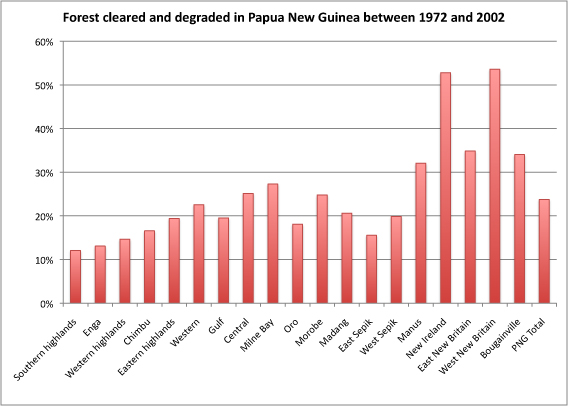Have $200,000 to spend on a seat into space? You may want to re-think the expenditure given a new study in Geophysical Research Letters that shows space tourism will likely aggravate global climate change. Using sophisticated modeling, the researchers found that the biggest impact of a rise in space tourism on global temperatures won’t be due to carbon emissions, but black carbon, often in the form of soot.
Produced from the incomplete combustion of burning fossil fuels or biomass, black carbon in the atmosphere absorbs sunlight and emits it as heat. When produced on terra firma, say from burning forests or diesel, black carbon particles stays in the atmosphere for a few days or weeks. However soot particles emitted from space rockets would have a longer-term impact, since they remains in the stratosphere for years.
“Rockets are the only direct source of human-produced compounds above about 14 miles [22.5 kilometers] and so it is important to understand how their exhaust affects the atmosphere,” said Martin Ross of The Aerospace Corporation in El Segundo, California and the study’s lead author.
“The response of the climate system to a relatively small input of black carbon is surprising, and our results show particular climate system sensitivity to the type of particles that rockets emit,” adds co-author Michael Mills of the National Center for Atmospheric Research in Boulder, Colorado.
Using current business models, the authors estimated that by 2020 there will be 1,000 suborbital space tourist flights every year. The overall effect of these joy rides would be further warming on the Earth, as well as impacting the ozone layer.
“Climate impact assessments of suborbital and orbital rockets must consider black carbon emissions, or else they ignore the most significant part of the total climate impact from rockets.” Ross says. “This includes existing assessments that may need to be brought up to date.”
A number of research studies have argued that reducing black carbon emissions would be one of the quickest and easiest way to effectively combat climate change, given black carbon’s shorter life in the atmosphere.

Related articles
Black carbon linked to half of Arctic warming
(04/05/2009) Black carbon is responsible for 50 percent of the total temperature increases in the Arctic from 1890 to 2007 according to a study published in Nature Geoscience. Since 1890 the temperature in the Arctic has risen 1.9 degrees Celsius, linking black carbon to nearly an entire degree rise in Celsius or almost two degrees Fahrenheit.
Black carbon pollution has big impact on climate
(03/24/2008) Black carbon, a form of particulate air pollution most often produced from biomass burning, cooking with solid fuels and diesel exhaust, has a warming effect in the atmosphere three to four times greater than prevailing estimates, according to scientists in an upcoming review article in the journal Nature Geoscience.
Industrial pollution has caused Arctic warming since 1880s
(08/09/2007) Industrial soot emissions have been warming the Arctic since at the least the 1880s, reports a new study that examined “black carbon” levels in the Greenland ice sheet over the past 215 years. The research is published in current issue of the journal Science.







